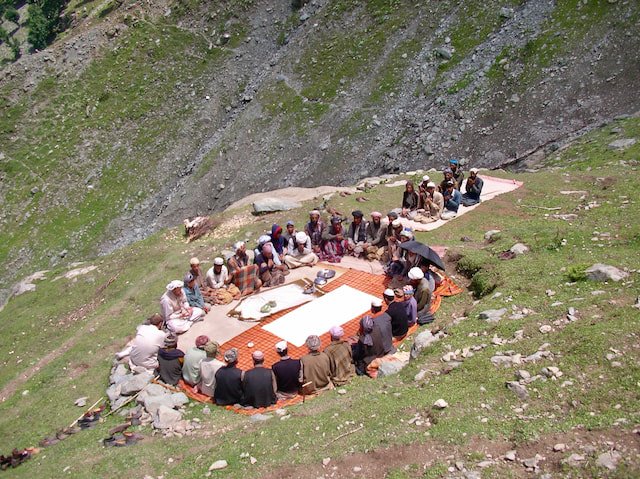
Nomads: Distinct by Design—What Sets Them Apart and What We Can Learn?
Discover what makes nomads distinct from sedentary cultures, beyond mobility. Explore how their collective identity, traditions, and sense of being “set apart” shape their lives, even across generations. Learn how understanding their distinctiveness can deepen your appreciation of their heritage and faith.

What does Organized by clan look like?
Discover how clan and tribal structures form the backbone of nomadic identity and Biblical community. Explore stories from Scripture and modern nomadic cultures to uncover the value of relational interdependence, mutual responsibility, and how these insights can transform our understanding of family and faith.
